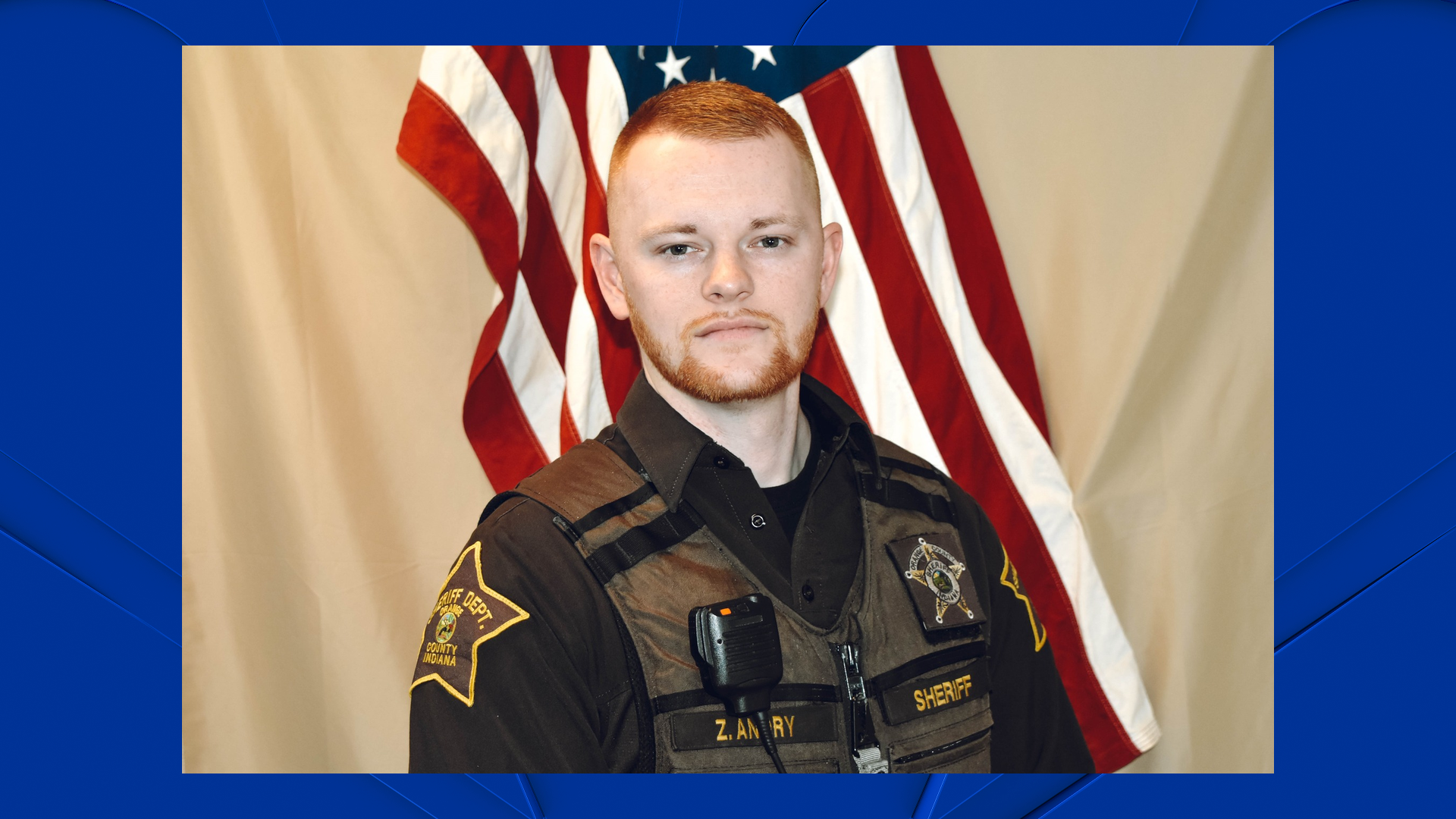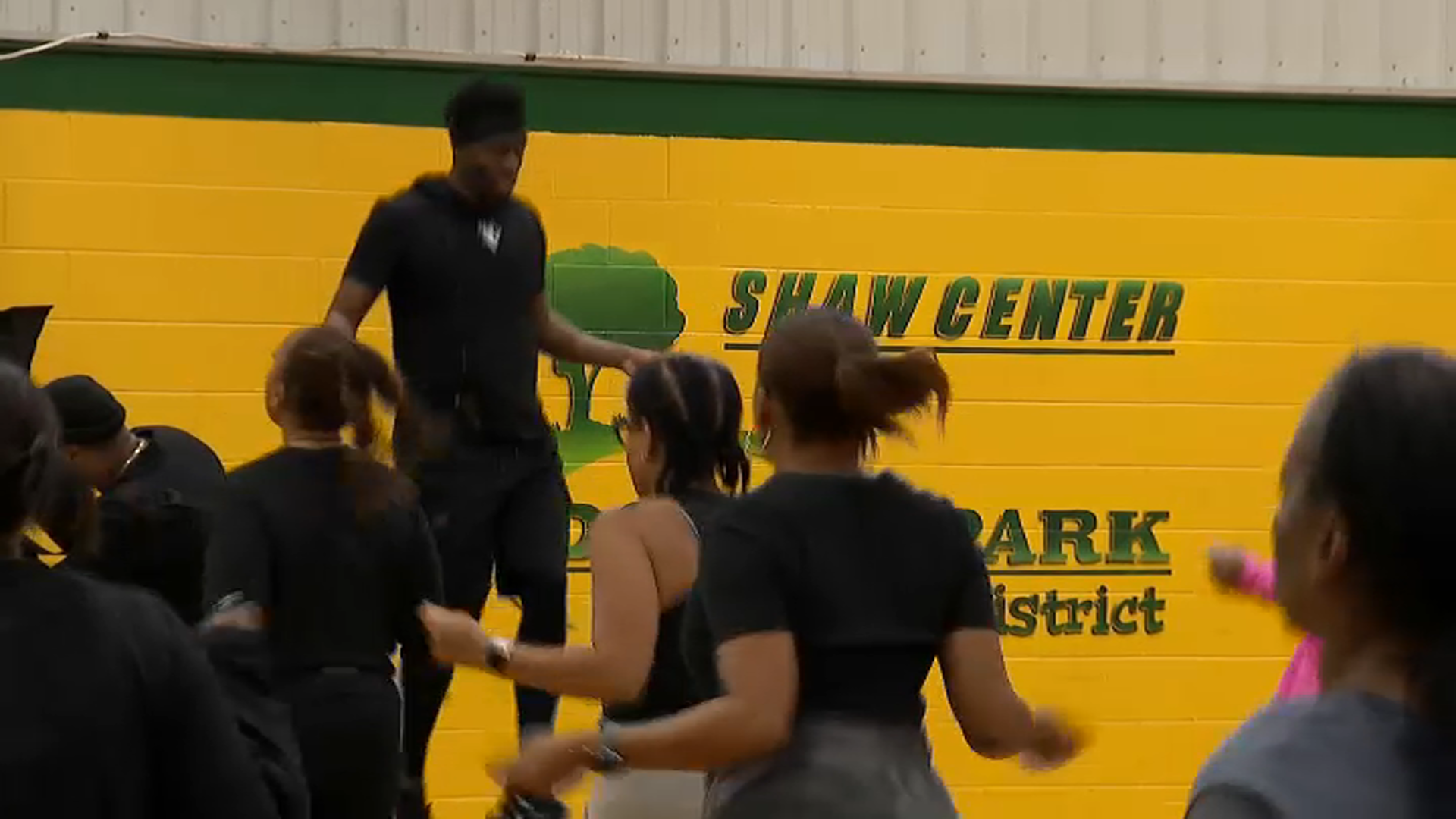The Illinois Department of Public Health warned Friday that COVID cases are on the rise in the state.
Despite all of the state's 102 counties remaining at what the department said was a "low level" for hospital admissions, as of data from the middle of August, wastewater surveillance has detected "rising COVID-19 activity," the department said.
“Although hospitalization rates and deaths from COVID-19 remain low, it is important for our residents to know that we are seeing rising COVID-19 activity across Illinois,” IDPH Director Dr. Sameer Vohra said in a statement. “We are fortunate the vast majority of Illinoisians have received immunity from a COVID-19 vaccine or previous infection that protects them against severe disease. However, COVID-19 continues to pose a risk for our seniors, individuals with chronic medical conditions, and those who are immunocompromised. IDPH is closely monitoring COVID-19 hospitalizations and deaths, emerging variants, and a broad range of respiratory illnesses including flu and RSV. As we approach the fall, our residents will have access to a number of tools, including updated shots and treatments, that can help us avoid another ‘tripledemic.’ Please contact your primary care provider to learn about the options available to protect you and your loved ones this upcoming respiratory season.”
The latest alerts come weeks after experts indicated a potential climb in both cases and hospitalizations in what was being described as a "mini-surge" ahead of the new school year.
"We're starting to see an increase," Dr. Mark Loafman, assistant chair of Family and Community Medicine at Cook County Health, told NBC Chicago in early August. "I mean, the cases are ticking up, we're looking at a positivity rate - you know, with COVID and the rate of tests that are positive - has increased up, it's almost up to 7% now. So it's that combination of that, and we know hospitalizations lag a little bit behind, but we're starting to see an uptick in hospitalization as well."
In Chicago, hospitalizations remain low, but have seen a rise, with a 42% increase reported week over week for data reported on Aug. 23. In that same time frame, cases rose 22%, data from the Chicago Department of Public Health showed.
But with at-home testing now common, experts said the total number of cases is likely higher.
Local
Hospitalizations have been increasing since the beginning of July, according to data from the Centers for Disease Control and Prevention, which reported 12,613 new hospital admissions for the week ending Aug. 12, a 21.6% increase.
The numbers remain low, however, when compared to earlier in the pandemic.
Feeling out of the loop? We'll catch you up on the Chicago news you need to know. Sign up for the weekly> Chicago Catch-Up newsletter.
“The U.S. has experienced increases in COVID-19 during the last three summers, so it’s not surprising to see an uptick after a long period of declining rates,” CDC spokesperson Kathleen Conley said in an email to NBC News.
Loafman notes, however, that the severity of cases remains mild in comparison to previous surges.
"In general, COVID is milder now, for all the reasons we know - the variant is mutated, and people have built up immunity - but we still have about 6,000 patients a week that are hospitalized in the United States, and around 15% of those are in the ICU, we still see death," he said. "So it's still a serious illness for those that are vulnerable. And a small percentage of patients that you wouldn't expect to be sick are sick. So we still see that that background rate has stayed about the same in terms of that, and we expect that that will creep up a little as this mini surge is starting to happen."
But what's behind the surge?
CDC data shows the current variant dominating U.S. cases is EG.5, followed by XBB.1.16.
The FDA in June advised manufacturers to update their vaccines to target the XBB 1.5 variant, aiming for a fall 2023 rollout. But no guidance has so far been given surrounding updated vaccinations.
Guidance is expected from the CDC’s Advisory Committee on Immunization Practices in the coming weeks, according to a statement.
Does that mean residents should get a booster shot now or wait until the fall when an updated vaccine is expected?
"You should wait," former Chicago Department of Public Health Commissioner Dr. Allison Arwady told NBC Chicago. "We anticipate a new vaccine available probably late-September or early-October. That is going to be an update that will be the newest version to help fight off omicron, the type of omicron subvariants we're seeing more recently. And it'll be important that everybody get that booster. That's what helps get us through the fall. That's what's turned COVID. Even during this time of increased cases, we are seeing zero to one deaths a day. We are seeing handfuls of Chicagoans being hospitalized. When I compare that to the more than 50 Chicagoans a day who were dying during COVID, the, at some points, more than 300 Chicagoans being newly hospitalized every day, it is vaccines and it is treatments that have turned this into a disease that we can coexist with."
Currently, COVID booster shots and initial doses are formulated as “bivalent” vaccines, meaning they offer protection both against the original strain of COVID that impacted the U.S. in 2020, and the Omicron variants known as BA.4 and BA.5, which were the most-recent dominant strains of the virus.
The new monovalent vaccine doses will specifically target the XBB.1.5 strain, the latest dominant strain to impact the U.S., according to officials.
At the same time, CNBC reports health experts and initial data suggest the new shots will also be effective against the Eris, or EG.5, variant, along with other circulating variants.
"I think that these vaccines will provide very substantial protection against EG.5. Maybe just a little bit of loss, but it's nothing that I'm very concerned about," Dr. Mark Mulligan, director of the NYU Langone Vaccine Center, told CNBC. "It looks like we're going to be OK."
In addition to COVID booster shots, IDPH urged residents to also follow guidelines surrounding the flu and recently-authorized RSV vaccines.
"We've got ... people going back to school, people starting to do indoor activities, we have flu and RSV season coming to start as well," Loafman said. "And we have, you know, a real fatigue with masking, we are very, very under vaccinated for COVID. So we've got a lot of ingredients, you know - a so-called 'perfect storm' - to see some things get worse," he said. "So I would say we're vigilant, we're on the lookout, we hope people aren't so fatigued that they won't take precautions, but that's the biggest concern is the numbers go up and people are just tired and they won't follow some good self management. I think we need people to do this on their own so we don't have to rely on mandates and, and rules and regulations. So hopefully people will follow the rules on their own. And we could keep this thing at bay."



